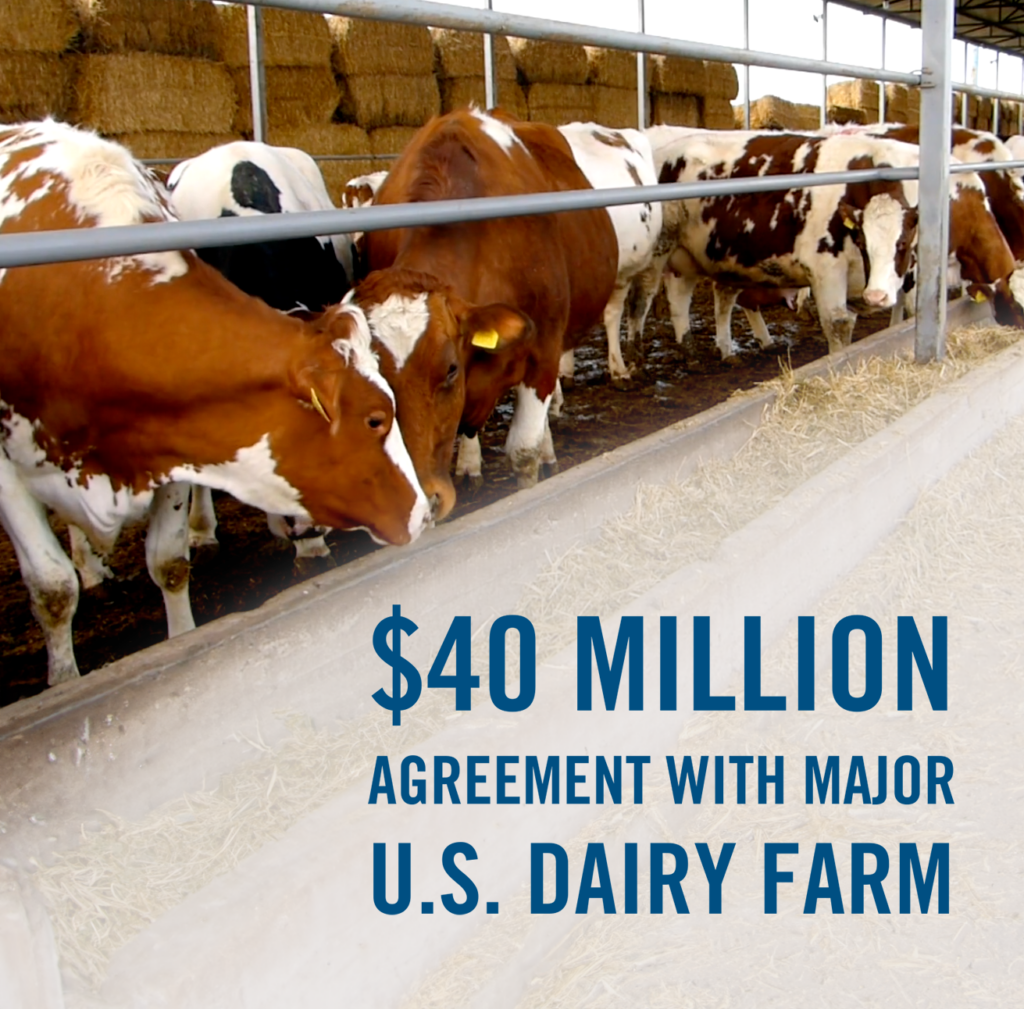Tackling Agricultural Wastewater at Scale: A New Approach for Dairy Operations

To read the full story, visit the Hartford Business Journal.
Transforming Dairy Wastewater Treatment with Advanced Filtration Technology
Wastewater management remains one of agriculture’s most pressing operational and environmental challenges, especially for large-scale dairy operations. A new project aims to change that—one that will treat more than 2 million gallons of dairy wastewater per day using advanced filtration technology tailored specifically to the industry’s needs.
The effort results from a nearly $40 million agreement between a major U.S. dairy farm and Mott Corporation, which engineers porous metal filtration systems for demanding environments. The project will deploy custom-built filtration infrastructure that combines microfiltration (MF) and Sub-Induction Time Reverse Osmosis (SIT-RO) technologies — an approach designed to reduce chemical dependency, simplify system operations, and improve long-term sustainability.
The Problem with Dairy Wastewater
Dairy farms generate high volumes of complex wastewater containing manure, bedding materials, cleaning agents, and other organic and inorganic compounds. Traditional treatment systems often fall short in managing this scale or complexity — requiring heavy chemical use, costly maintenance, and large footprints.
With growing regulatory pressure and sustainability goals, farms need innovative solutions for water reuse, nutrient recovery, and environmental compliance — without sacrificing efficiency.
A New Approach to Agricultural Filtration
The filtration system designed for this project addresses those goals by pairing microfiltration with a specialized reverse osmosis process. Together, these systems remove suspended solids and dissolved contaminants with high precision, while also reducing the need for common chemical additives.
The result is a lower total cost of operation, improved water quality, and a more sustainable approach to managing high-strength wastewater streams.
According to Pat Hill, General Manager of Process Systems and CTO at Mott, this is about more than just infrastructure:
“This project reflects a shift in how the agricultural industry thinks about water treatment — not just as a compliance task, but as an opportunity to improve efficiency, reduce environmental impact, and prepare for a more resource-constrained future.”
Scaling Innovation for the Future of Agriculture
While every agricultural operation has different water challenges, this project serves as a model for how filtration technology can scale to meet the needs of large-volume users. It also illustrates a broader trend toward tailored, lower-footprint treatment systems that prioritize both performance and sustainability.
As the agricultural sector continues to navigate increasing scrutiny on water use and waste, scalable treatment solutions like this may play a bigger role in helping farms of all sizes manage resources more effectively.